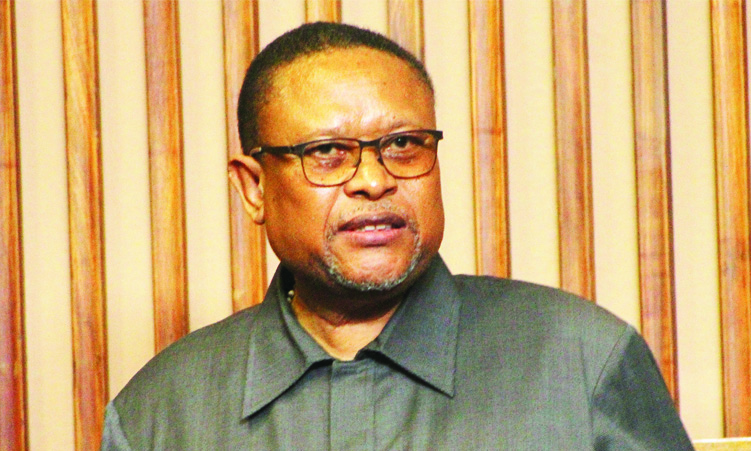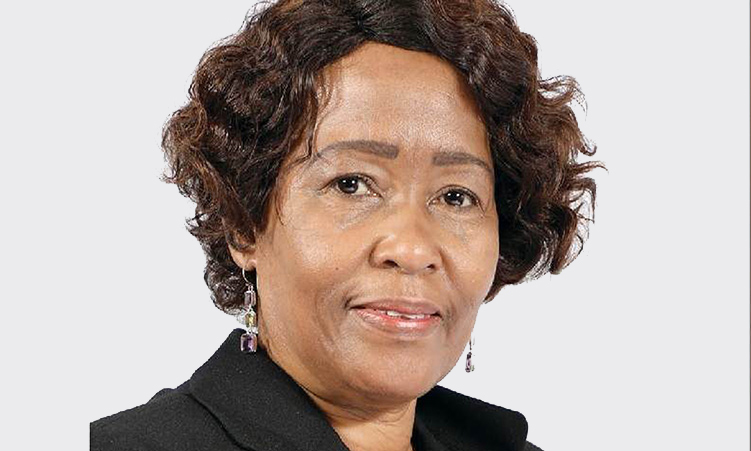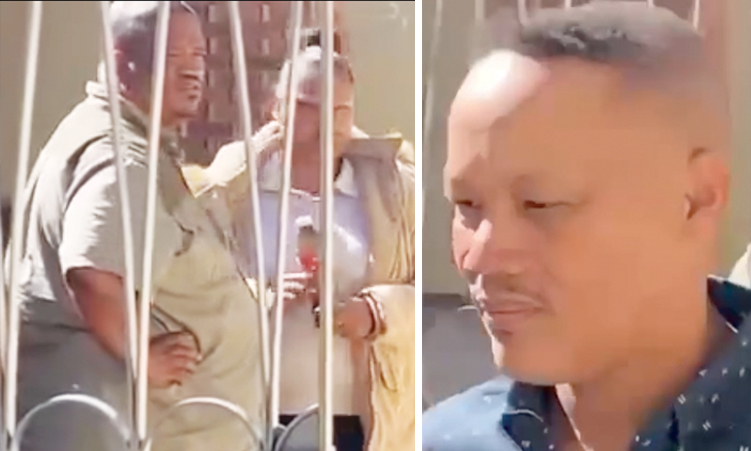GENEVA – Trade ministers from more than 30 countries, deeply divided and still clinging to core interests, mount another bid today to nail down a global trade accord before the arrival of a new US president early next year.
After nearly seven years of fruitless haggling, ministers will try to bridge gaps on trade-opening measures under the Doha Development Agenda, launched with great fanfare and hope in the Qatari capital in November 2001. But the negotiations, under the auspices of the World Trade Organisation, are deadlocked as developed and developing countries alike have been slow to make concessions on trade in agriculture, goods and services.Their representatives will gather in Geneva knowing that from next January, the United States will have a new administration and a new Congress whose attitudes toward trade liberalisation are at this point uncertain.The administration of George W.Bush is therefore anxious to secure an agreement now, hoping to make it hard if not impossible for a new Congress to reject it.But the United States is not the only party to the talks that needs to keep an eye on its domestic audience.The European Union is also struggling to show a united front following a public spat between EU chief trade negotiator Peter Mandelson and French President Nicolas Sarkozy.Mandelson is viewed with suspicion in Paris as a “neoliberal” prepared to sacrifice France’s hefty agricultural sector for the sake of a deal.Sarkozy bluntly asserted earlier this month that “conditions are not right” for a WTO agreement.On Friday, French Trade Minister Anne-Marie Idrac said after a meeting with EU counterparts that they had agreed that the WTO talks needed a “new balance” to take better account of concessions Brussels had already put on the table.”The general sentiment is that Europe has exhausted its room for manoeuvre in the agricultural sector and can go no further,” she said.Meanwhile Ireland – France’s long-time ally on agriculture – accused the European Commission of offering too much while getting little in return.”I think they have gone way too far on agriculture,” Irish Trade Minister John McGuinness told journalists.”We are keenly interested in a deal…however that deal has to be balanced.”He also refused to rule out the possibility that Ireland might veto a trade deal that did not suit Dublin, describing it as an “option.””It’s a fact that it is there.I think that it would be …foolish of Mr.Mandelson to ignore the positions taken around the table this morning,” McGuinness said.Last July, the WTO’s chief negotiators on the key issues of agriculture and industrial products – New Zealand ambassador Crawford Falconer and Canadian ambassador Don Stephenson respectively – issued draft texts proposing the outlines of a deal.Despite months of intense technical discussions among officials in Geneva, the broad outlines of these texts remain largely unchanged, as do objections from key member states.Developing countries have been pressing for lower farm subsidies and agricultural tariffs in the developed world.Industrialised states are demanding in return that developing countries make their markets more accessible to imported services and manufactured goods.Nampa-AFPBut the negotiations, under the auspices of the World Trade Organisation, are deadlocked as developed and developing countries alike have been slow to make concessions on trade in agriculture, goods and services.Their representatives will gather in Geneva knowing that from next January, the United States will have a new administration and a new Congress whose attitudes toward trade liberalisation are at this point uncertain.The administration of George W.Bush is therefore anxious to secure an agreement now, hoping to make it hard if not impossible for a new Congress to reject it.But the United States is not the only party to the talks that needs to keep an eye on its domestic audience.The European Union is also struggling to show a united front following a public spat between EU chief trade negotiator Peter Mandelson and French President Nicolas Sarkozy.Mandelson is viewed with suspicion in Paris as a “neoliberal” prepared to sacrifice France’s hefty agricultural sector for the sake of a deal.Sarkozy bluntly asserted earlier this month that “conditions are not right” for a WTO agreement.On Friday, French Trade Minister Anne-Marie Idrac said after a meeting with EU counterparts that they had agreed that the WTO talks needed a “new balance” to take better account of concessions Brussels had already put on the table.”The general sentiment is that Europe has exhausted its room for manoeuvre in the agricultural sector and can go no further,” she said.Meanwhile Ireland – France’s long-time ally on agriculture – accused the European Commission of offering too much while getting little in return.”I think they have gone way too far on agriculture,” Irish Trade Minister John McGuinness told journalists.”We are keenly interested in a deal…however that deal has to be balanced.”He also refused to rule out the possibility that Ireland might veto a trade deal that did not suit Dublin, describing it as an “option.””It’s a fact that it is there.I think that it would be …foolish of Mr.Mandelson to ignore the positions taken around the table this morning,” McGuinness said.Last July, the WTO’s chief negotiators on the key issues of agriculture and industrial products – New Zealand ambassador Crawford Falconer and Canadian ambassador Don Stephenson respectively – issued draft texts proposing the outlines of a deal.Despite months of intense technical discussions among officials in Geneva, the broad outlines of these texts remain largely unchanged, as do objections from key member states.Developing countries have been pressing for lower farm subsidies and agricultural tariffs in the developed world.Industrialised states are demanding in return that developing countries make their markets more accessible to imported services and manufactured goods.Nampa-AFP
Stay informed with The Namibian – your source for credible journalism. Get in-depth reporting and opinions for
only N$85 a month. Invest in journalism, invest in democracy –
Subscribe Now!










